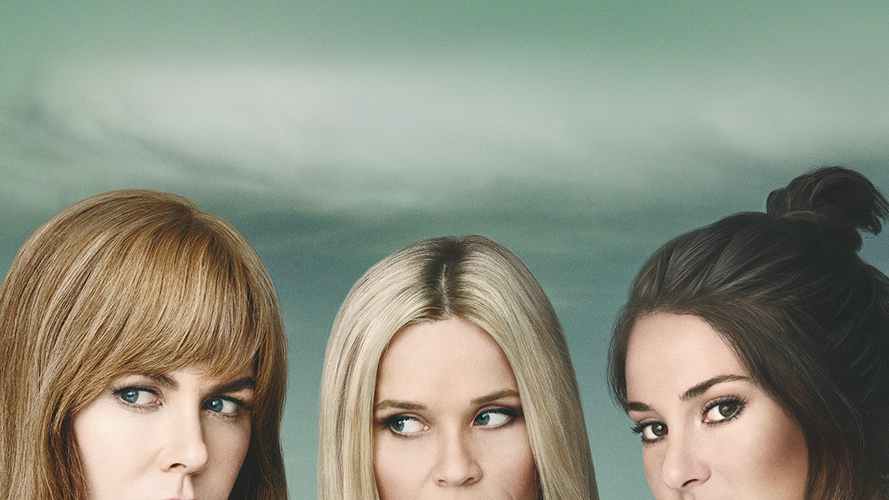
How to Win an Emmy: The Music of Big Little Lies
Posted in: Music, Television
On September 17, 2017 , TV lovers around the country tuned in to the 69th Primetime Emmy Awards to root for their favorite shows and characters in what is being called the golden age of television. Among the many firsts of the night were Lena Waithe becoming the first black woman to win an Emmy for writing, and The Handmaid’s Tale bringing the first Outstanding Drama Series Emmy to a streaming service (Hulu).
Buried a little deeper, though, was the first ever Emmy for Music Supervision, which went to Susan Jacobs for her work on Big Little Lies (we covered the other nominees in our last blog here). Though we only have one year to go by, do we have a sense for what it takes to win a Music Supervision Emmy? Here are 5 factors that contributed to the musical success of Big Little Lies.
Planning – According to interviews, Susan Jacobs worked with director Jean-Marc Valee to create a strategy for the music very early on in the process. The director was known for working without a composer, and this basic rule kicked off the discussion. The story also called for a few non-negotiable music elements – Reese Witherspoon’s character is putting on a production of the musical Avenue Q, and a big Elvis-themed fundraiser at the end of the season. This was a great starting point for Jacobs and Valee, allowing them to build the musical identity of the show around the music already in the story.
Natural use of music – Much of the music in Big Little Lies is source music – that is, music the characters are listening to or are aware of inside the narrative. Characters often use their iPods and record players to create a natural soundtrack for their own experiences. Reese Witherspoon’s daughter makes a playlist for her older sister to remember her by when she moves. Nicole Kidman’s character dances to Neil Young’s “Harvest Moon” with her abusive husband. Countless whole scenes are built around music uses, and the characters look to music as an escape. This makes the music more than just a stylistic element – we hear what they hear, and it ties us to the characters in a deeply emotional way.
Use of color – When consulting with the director, Jacobs often discussed the idea of color and wanted the musical colors to complement the show’s muted visual palette. Jacobs’ music choices are bold and hip, but they all share a sense of melancholy or bittersweetness, for example Leon Bridges’ “River” and Agnes Obel’s “September Song.” The bittersweet quality of the music reflects the reality of the three protagonists – all smiles on the outside, but with a certain darkness always lurking within.
Use of silence – As any jazz musician will tell you, sometimes it’s all about the notes you don’t play. If the characters of Big Little Lies use music as their escape, it’s no surprise that many of the most disturbing scenes are set to an oppressive silence, especially within the cavernous houses of the affluent characters. When Nicole Kidman’s Celeste and her husband sit down for couples’ therapy, so much of the communication happens in the spaces between their words. By not using music at key moments, the director and music supervisor force us to confront reality in often uncomfortable ways.
Killer opening theme – These days, you don’t have a binge-worthy smash television show without a striking, memorable opening credits sequence. In the case of Big Little Lies, it’s a series of mysterious images set to Michael Kiwanuka’s “Cold Little Heart.” The song, like so much of the other music on the show, has a sort of undecided, demure quality that keeps the viewer at arm’s length, wanting to know more about the images flashing across the screen. Viewers responded incredibly well to the mostly-unknown Kiwanuka, with “Cold Little Heart” reaching nearly 6 million views on Youtube at the time of this writing.
Though it’s only the first year for the award, it’s easy see how these ideas will drive great music supervision long into the future. We can’t wait for all of the great placements to come over the next year!
If you're looking for custom music for your TV, film, or ad project, be sure to check out CrucialCustom.
Get custom music